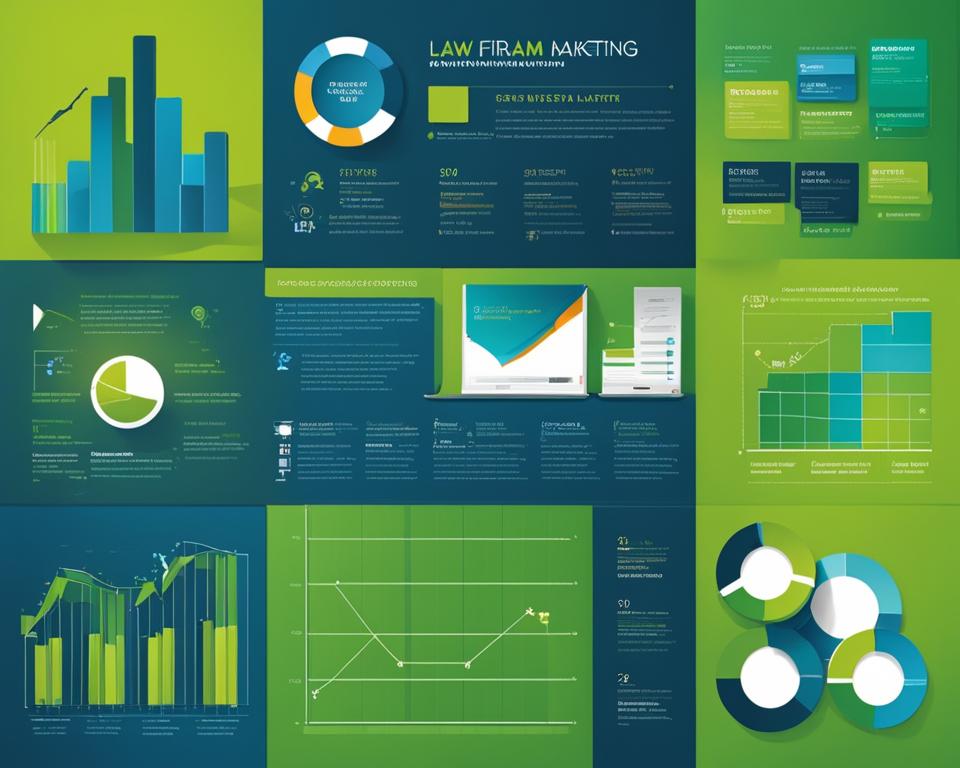Empowering Your Future: The Crucial Significance of Financial Literacy
Money is an integral part of our lives, yet financial literacy is a subject often overlooked in our education system and daily conversations. In an era where financial decisions can have a profound impact on our well-being, understanding money management is essential for everyone. In this article, we will explore the critical importance of financial literacy and why it’s a skill that everyone should acquire.
What Is Financial Literacy?
Financial literacy is the ability to understand and make informed decisions about financial matters. It encompasses a wide range of topics, including budgeting, saving, investing, debt management, retirement planning, and understanding financial products such as loans, credit cards, and insurance. Essentially, it’s the knowledge and skills needed to navigate the complex world of personal finance.
The Importance of Financial Literacy
- Empowers Individuals: Financial literacy empowers individuals to take control of their financial lives. It equips them with the knowledge to make informed decisions about their money, from setting financial goals to managing debt and investing wisely.
- Prevents Financial Stress: Financial stress is a leading cause of anxiety and unhappiness. When individuals lack financial literacy, they are more likely to make poor financial decisions, which can lead to debt, bankruptcy, and financial crises. With financial literacy, people can better manage their money, reducing the stress associated with financial problems.
- Enhances Financial Security: Financial literacy is a key factor in achieving financial security. It helps individuals build an emergency fund, plan for retirement, and make wise investment choices, all of which contribute to long-term financial stability.
- Promotes Responsible Borrowing: Understanding how loans, credit cards, and mortgages work is essential to avoid falling into debt traps. Financial literacy helps individuals make responsible borrowing decisions, ensuring that they can manage their debt effectively.
- Encourages Savings and Investment: Financial literacy promotes the habit of saving and investing. It helps individuals understand the benefits of saving money and the various investment options available to grow their wealth over time.
- Protects Against Scams and Fraud: In an age of digital transactions and online banking, financial literacy is crucial for protecting against scams and fraud. It enables individuals to recognize and avoid financial scams, safeguarding their hard-earned money.
- Fosters Economic Growth: Financially literate individuals are more likely to make informed decisions about their investments, which can contribute to economic growth. A financially literate population can drive entrepreneurship and innovation, leading to a healthier economy.
Why Everyone Should Learn About Money
- Financial Independence: Financial literacy is the pathway to financial independence. It allows individuals to make choices about their lives and careers without being solely dictated by financial constraints. When you understand money, you have the power to shape your future.
- Life Transitions: Throughout life, we face various financial transitions, from getting a first job to buying a home, getting married, having children, and eventually retiring. Financial literacy equips you to navigate these transitions successfully.
- Protection Against Economic Uncertainty: Economic downturns and unexpected events like the COVID-19 pandemic can have a significant impact on personal finances. Financial literacy helps individuals weather these storms by providing tools to manage and adapt to changing circumstances.
- Retirement Planning: With the shift away from traditional pensions, individuals are increasingly responsible for funding their own retirements. Financial literacy is essential for retirement planning, helping individuals build a nest egg that can sustain them in their golden years.
- Avoiding Costly Mistakes: Without financial literacy, individuals are more susceptible to costly financial mistakes. These mistakes can include taking on high-interest debt, investing in unsuitable products, or failing to save for the future.
- Generational Wealth: Financial literacy is not just about personal finance; it’s also about generational wealth. When parents pass on their financial knowledge to their children, it creates a legacy of financial well-being that can benefit future generations.
- Economic Mobility: Financial literacy is a tool for economic mobility. It can help individuals move up the socioeconomic ladder by making sound financial decisions that increase their wealth and opportunities.
How to Improve Your Financial Literacy
- Take Online Courses: Numerous online courses, both free and paid, cover various aspects of financial literacy. Websites like Coursera, edX, and Khan Academy offer excellent resources.
- Read Books: There are countless books on personal finance that cater to all levels of expertise. Consider reading titles like “The Millionaire Next Door” by Thomas J. Stanley and William D. Danko, or “Rich Dad Poor Dad” by Robert Kiyosaki.
- Attend Workshops and Seminars: Local community organizations and financial institutions often host workshops and seminars on financial literacy. These can provide valuable hands-on learning experiences.
- Seek Guidance: Financial advisors can help you create a personalized financial plan and provide guidance on investing, retirement planning, and other financial matters.
- Practice Budgeting: Start by creating a budget to track your income and expenses. Budgeting is a foundational skill in financial literacy.
- Learn About Investing: Familiarize yourself with different investment options, such as stocks, bonds, and real estate. Consider investing in a diversified portfolio that aligns with your financial goals and risk tolerance.
- Stay Informed: Keep up with financial news and trends. Websites like CNBC, Bloomberg, and The Wall Street Journal can provide valuable insights.
- Join Financial Forums: Online forums and communities, such as Reddit’s r/personalfinance, can be excellent places to ask questions, share experiences, and learn from others.
Conclusion
Financial literacy is not a luxury; it’s a necessity in today’s complex world. It empowers individuals to make informed financial decisions, avoid common pitfalls, and achieve long-term financial security and independence. Regardless of your current level of financial knowledge, there are numerous resources and avenues available to enhance your financial literacy. The time and effort you invest in learning about money will pay dividends in terms of your financial well-being and peace of mind. Don’t wait; start your journey to financial literacy today, and take control of your financial future.



